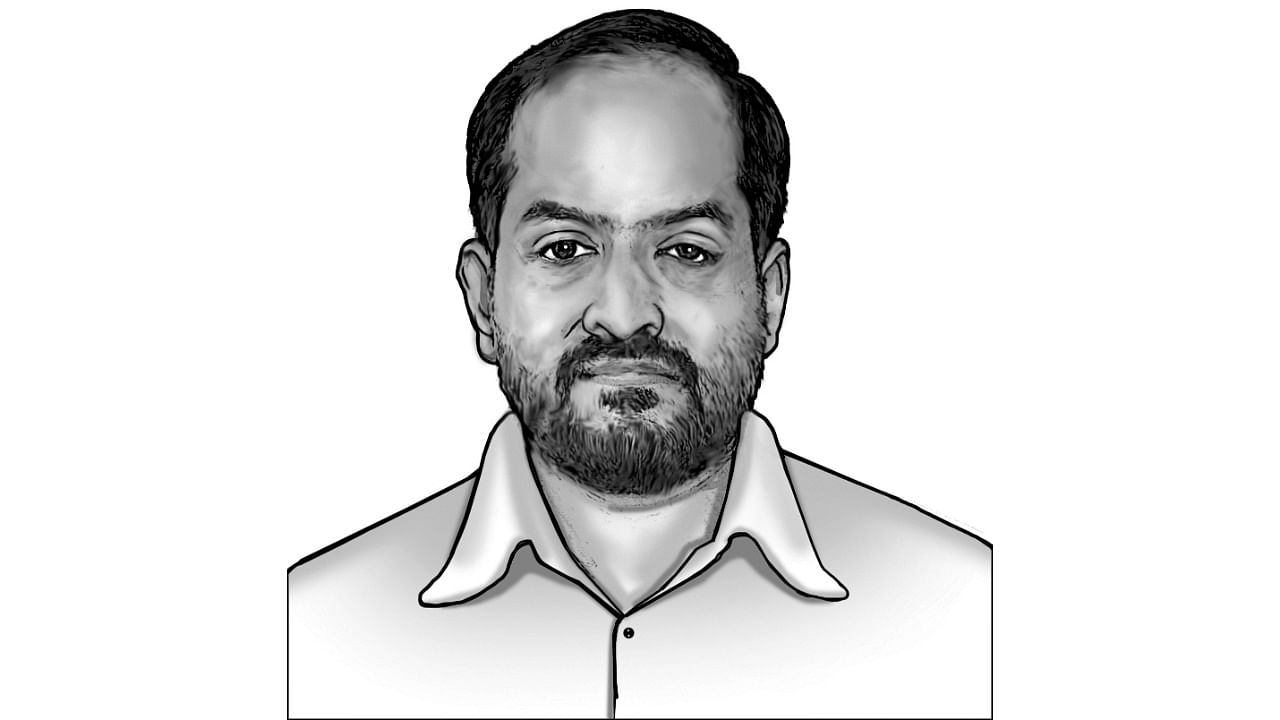
Sometime this month, India and the US will hold the fourth round of their 2+2 ministerial dialogue involving the top leaders of their foreign affairs and defence establishments. A range of issues aimed at further strengthening bilateral cooperation will be discussed and agreements may be signed.
As always, the government will publish a list of agreements and MoUs signed at this meeting. The media will give an overview of each document based on the bare minimum press notes put out by the Ministry of External Affairs (MEA) or the Ministry of Defence (MoD). Some of the more enterprising among them will convert these media briefings into explainers for their audience, but nobody will bother to ask a simple question: Why are the actual documents of these agreements sarkari secrets?
Today, it is difficult to even accurately count the number of international agreements India has signed on military and strategic matters. For example, how many foundational defence cooperation pacts have India and the US signed till date? If one media report is to be believed, there are three, according to another English daily, there are four. I have counted at least five. None of these pacts are uploaded on the online Treaties Database maintained by the MEA, even after 16 years of implementing the RTI Act.
To get some clarity, I filed an RTI application with the MEA recently, citing the joint statement published after the third round of the 2+2 Ministerial Dialogue. I asked that the text of the four Indo-US defence pacts mentioned in it be proactively published, under Section 4 of the RTI Act. Despite their hard-to-understand acronyms -- LEMOA, COMCASA, BECA, etc., are these not important matters that affect the entire citizenry?
A month later, the MEA rejected my request for reasons of national security and also gave the excuse that these agreements are “information received in confidence from a foreign government.”
Ironically, while preparing to appeal this rejection, I discovered on the website of the Institute for Defence Studies and Analysis (IDSA) what appears to be the retyped text of one of the four pacts, namely the 2005 US-India Defence Framework Agreement. The IDSA is an autonomous institution funded by the MEA and MoD. Clearly, the left hand in government does not know what the right hand is doing. There is no good reason why the MEA itself cannot publish an e-copy of this agreement, renewed in 2015.
Meanwhile, Prof Alasdair Roberts, a renowned international expert on freedom of information and national security matters alerted me to the existence of a copy of a fifth Indo-US Agreement – GSMOIA -- on the latter’s Treaties Database. Strangely, this 2002 agreement, which contains the modalities for handling sensitive information classified “top secret”, “secret”, “confidential” or “restricted” and exchanged between the defence establishments of the two countries -- is not found on MEA’s Treaties Database.
One of this agreement’s clauses provides for the eventual destruction of classified information exchanged between the two countries, when such information is no longer useful to either government. If that be the case, why can’t such information be made accessible to academics for research and analysis? Under the RTI Act, the burden of proving denial of access to official information is on its custodian. Both the agreement and our government are silent on this issue.
Under our Constitution, the Executive is not accountable to anybody for the treaties and agreements it enters into with foreign entities. Parliament has hardly any oversight role over this function. Even the Supreme Court can be stonewalled, as demonstrated by the government’s recent behaviour in the Pegasus snooping/hacking scandal.
But defence and foreign policy matters are too important to be completely surrendered to the Executive. National security cannot be divorced from the security of the citizenry. Transparency is the first step towards involving the citizenry in the shaping of these policy decisions, especially, during these troubled and uncertain times.